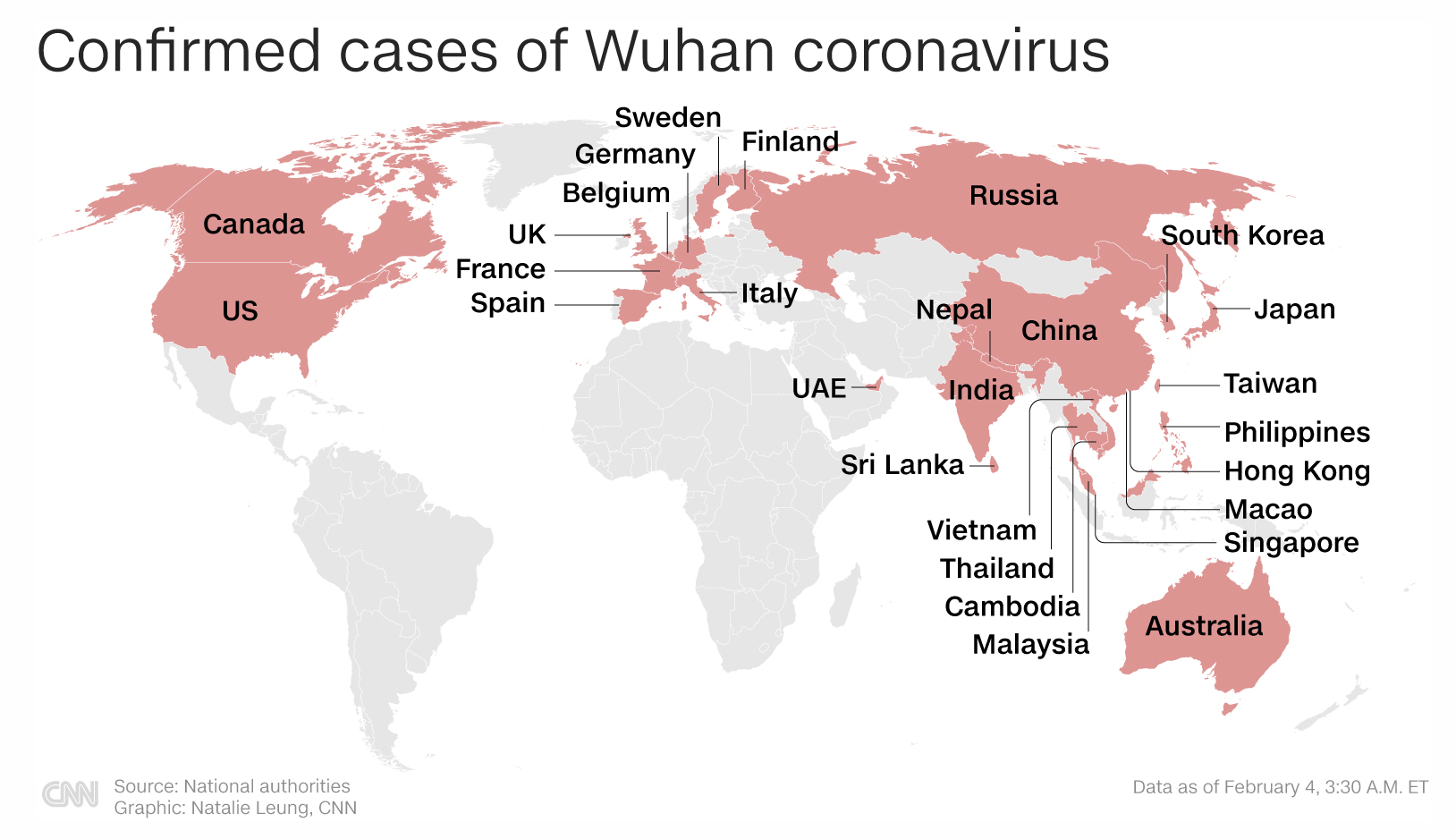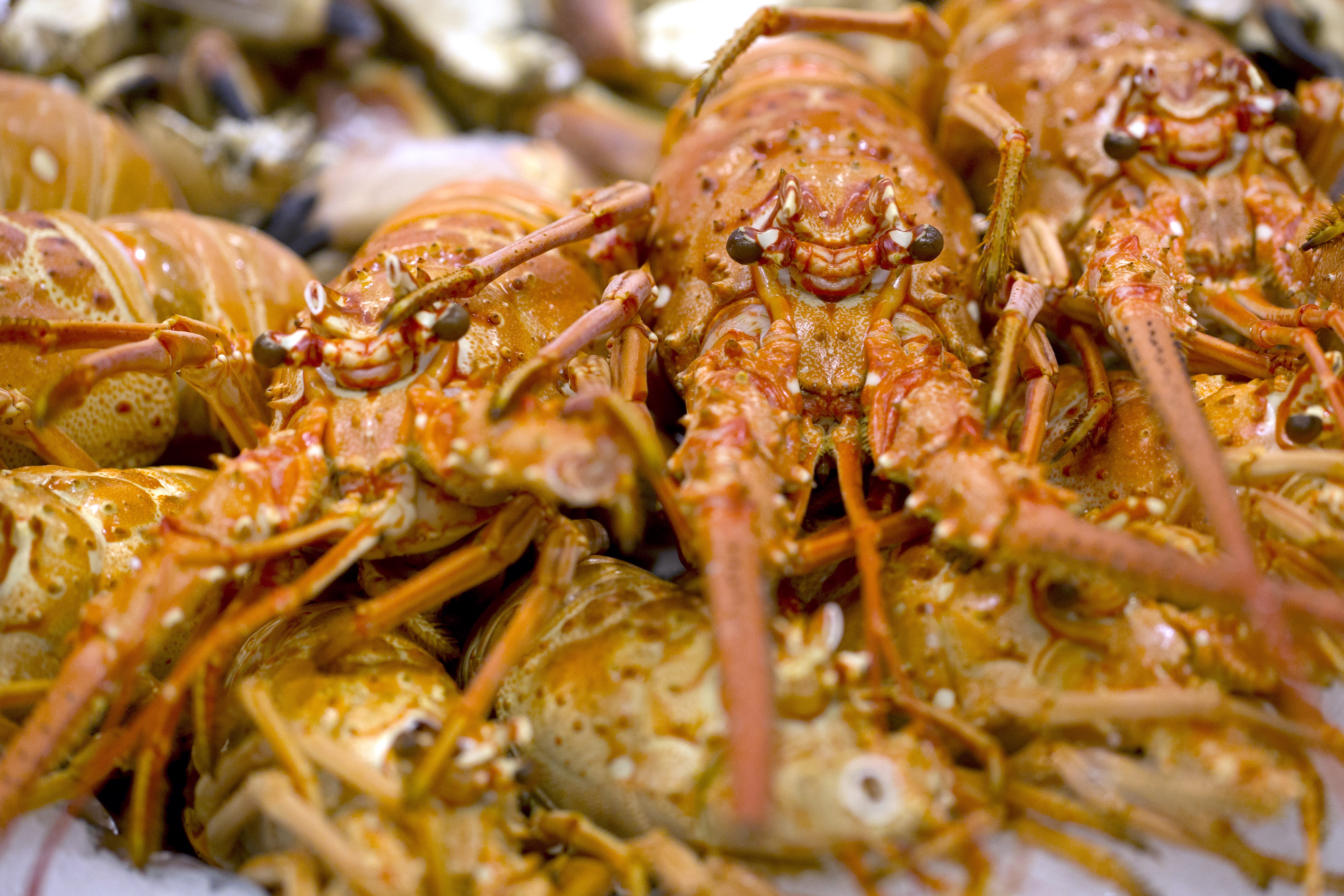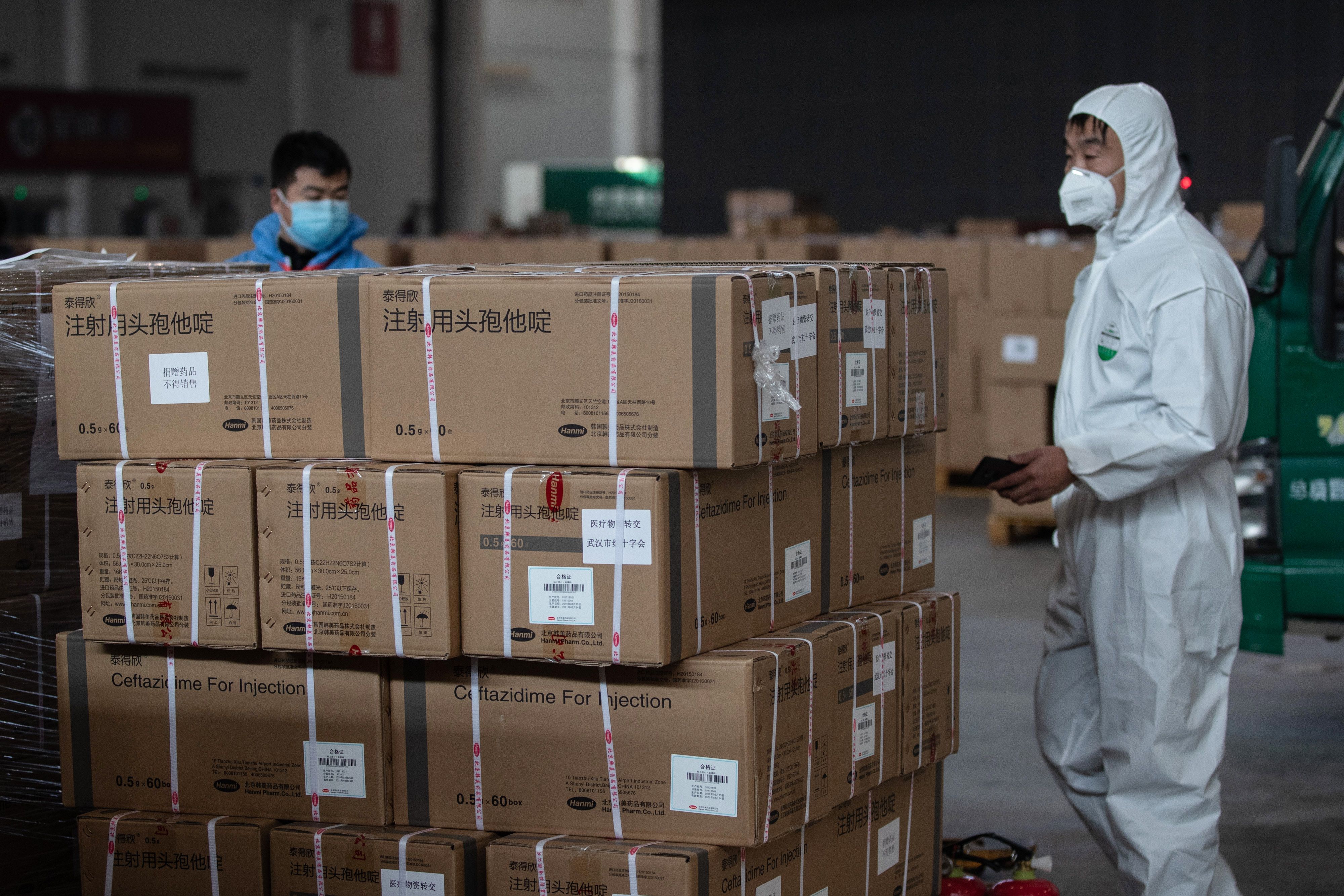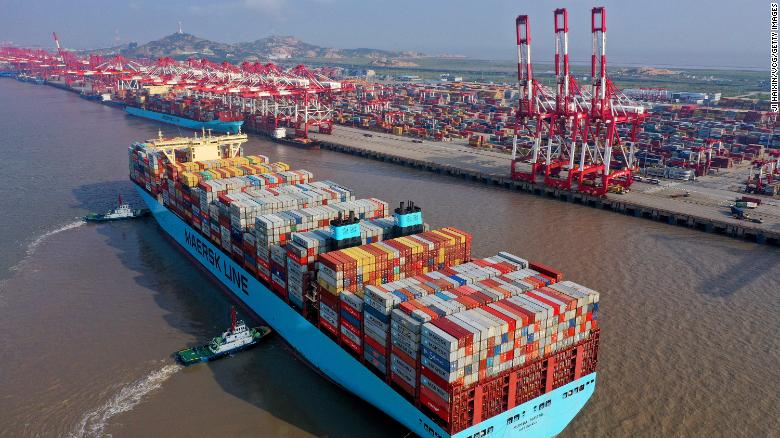Two newborn babies in Wuhan, China, have been infected with the novel coronavirus, according to China's state broadcaster CCTV.
The youngest baby was diagnosed at just 30 hours old. The baby's mother was also infected with the virus, and CCTV suggested that "there may be mother-infant transmission,” where the mother passes the virus on to the baby in utero.
Other possibilities: Without more details, it's impossible to know if the infants were infected in the womb. There are other ways they could have been exposed -- through handling by healthcare workers, mothers coughing, breastfeeding or even in the delivery process.
“Was this just contact? Did baby get infected because, you know, mucous membranes were exposed to some virus that the mother was excreting or was it blood borne through the placenta? We have no idea,” said Susan McLellan, a director at the University of Texas Medical Branch.
Paul Hunter, a medical professor at Britain's University of East Anglia, said that a baby born vaginally is exposed to the mother's gut microbiome -- meaning "if a baby does get infected with coronavirus a few days after birth we currently cannot tell if the baby was infected in the womb or during birth."
Researchers still learning: Nancy Messonnier, a director at the US Centers for Disease Control and Prevention, warned that "there is a lot about the novel coronavirus that we don’t know."









